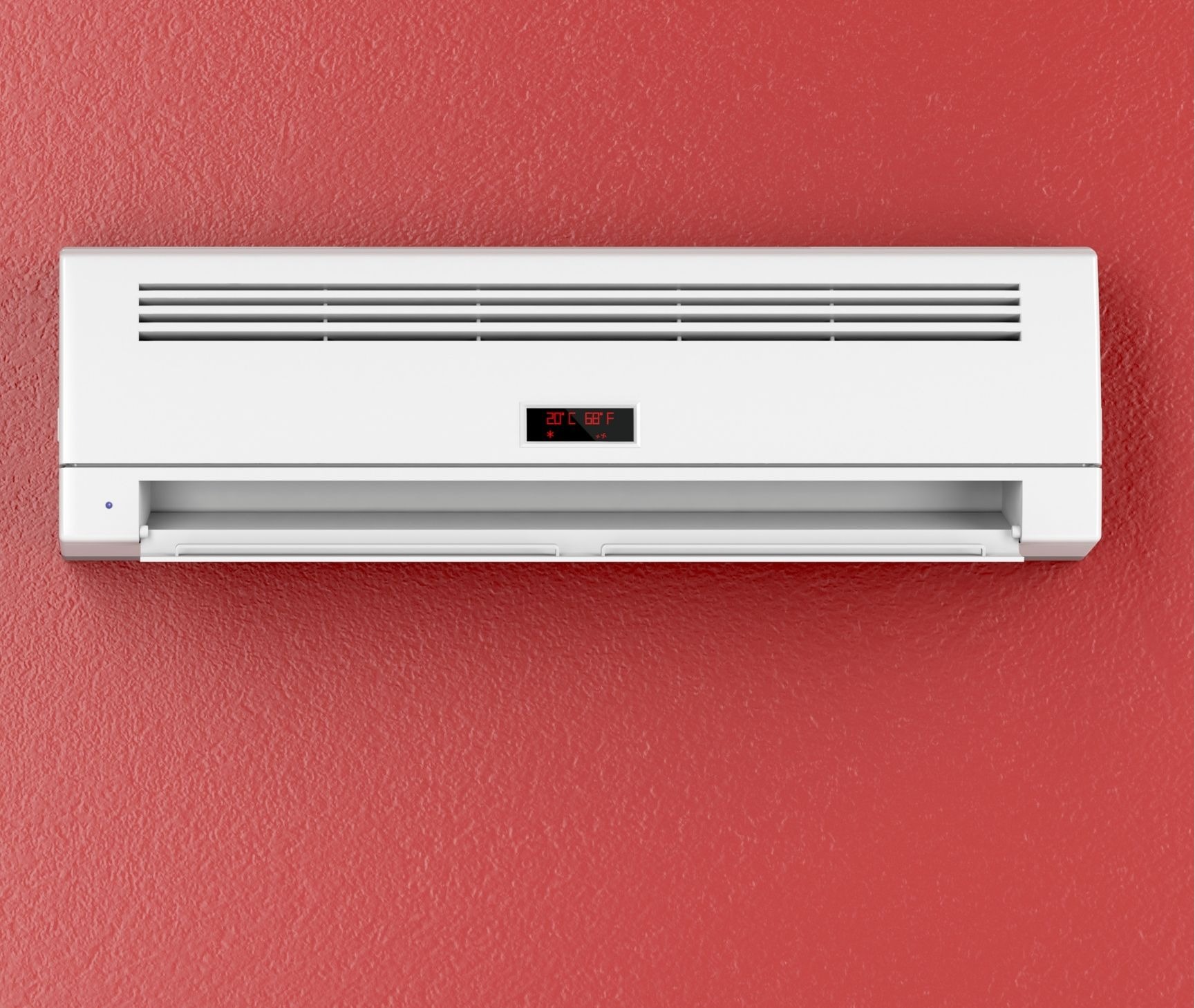“An air conditioning unit with a higher BTU rating will typically use more electricity because it has to work harder to cool a larger space or maintain a certain temperature in a given space.”
Does Higher BTU Mean More Electricity?
The BTU rating of an air conditioner is a measure of its cooling capacity, and a higher rating means the unit can cool a larger area or maintain a comfortable temperature in a given area more efficiently.
However, it is also important to note that the energy efficiency of the unit, measured by its SEER rating, also plays a role in determining how much electricity it will use.
A unit with a higher SEER rating will be more energy efficient and use less electricity to produce the same amount of cooling as a unit with a lower SEER rating.
How much more electricity does a window air conditioner use per 1,000 BTUs?
As a general rule of thumb, for each additional 1000 BTUs, the air conditioner will consume around 20% more energy.
So, if a unit with a BTU rating of 10,000 consumes 1000 watts of power, a unit with a BTU rating of 11,000 would consume around 1200 watts of power.
However, it’s important to note that this is a rough estimate and actual usage will vary depending on the specific circumstances.
It’s important to factor in the cost of electricity in your area when determining the cost of running an air conditioner. In general, the cost of running an air conditioner will be higher in areas with higher electricity rates.
Additionally, running an air conditioner for longer periods of time will result in a higher cost than running it for shorter periods of time. A 10000 BTU window air conditioner will likely use more electricity than a 5000 BTU window air conditioner, but the difference in usage may not be exactly 60%.
The actual difference in energy usage will depend on several factors such as the SEER rating of the units, the size of the space being cooled, and the ambient temperature.
And there is also the point that a 10,000 BTU window air conditioner may initially use more electricity, it’s ability to cool is much better than a 5,000 BTU AC which will result in not needing to use it at full power and as long.
Summary: Does Higher BTU Mean More Electricity?
BTUs are used to measure the amount of electricity that a window AC will use, but you can assume that a window air conditioner with higher BTUs will use more electricity.
But you at the factory in the SEER rating over window AC and also the circumstances in which the AC is used. For instance, A window air conditioner that is 10,000 BTUs, though initially may use more electricity, it will cool much better and may not need to be used nearly at the power and length of time as the smaller unit does.










